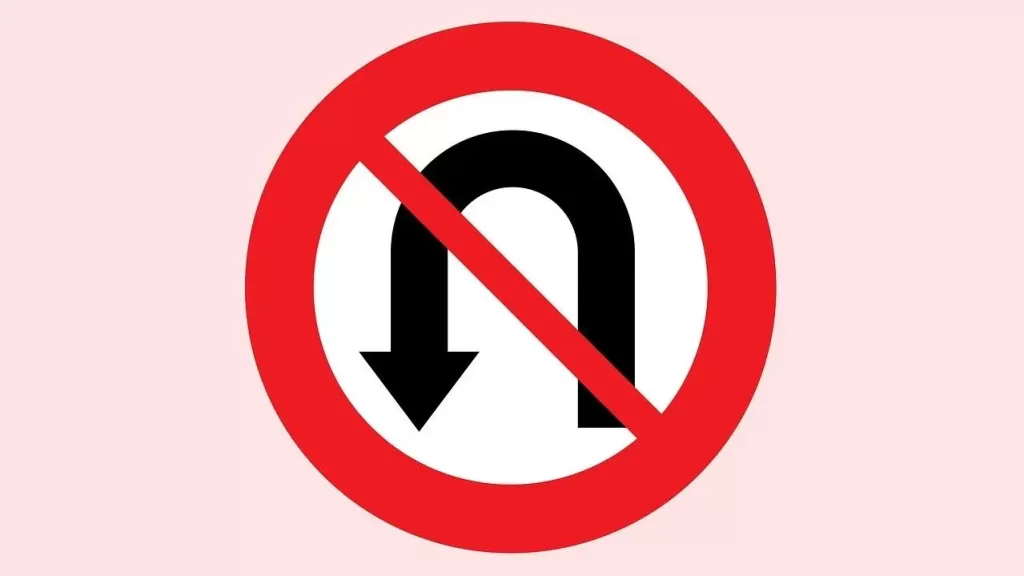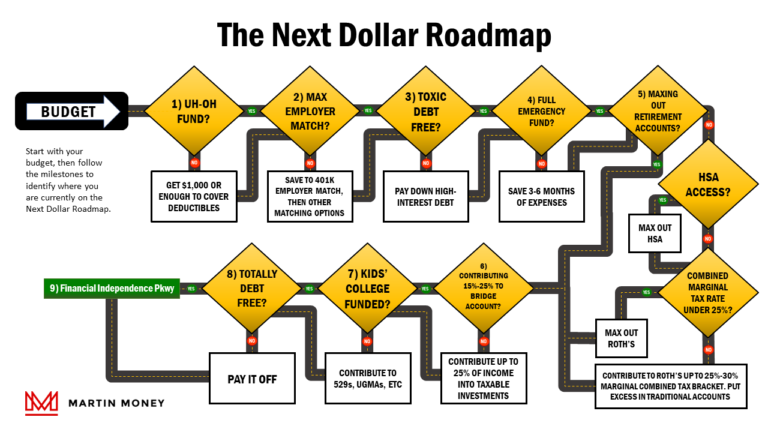5 Reasons Roth IRAs Will Never Be Taxed
I don’t believe Roth IRA withdrawals will ever be taxed primarily because there are many other, less controversial ways for the government to increase tax revenue.
We’ve written a lot about Roth IRAs lately. They provide excellent leverage over one’s tax liability in retirement, assuming participation in a Roth-type plan makes sense for you now.
There can be little doubt that removing the government as your silent retirement plan partner forever is a welcome move that should be seized if possible.
Several people have done just that.
Most notably, Peter Thiel (co-founder of PayPal and an early investor in Facebook) has managed to accumulate a princely $5 billion sum in his own Roth accounts.
That’s $5 billion dollars that will never be subject to income tax…ever*.
I’m not here to debate the ethics of sheltering such a sum for taxation (since it’s legal, I say more power to him), but I wanted to use this example because it powerfully illustrates just how valuable a Roth retirement account can be.
In Mr. Thiel’s case, even if his IRA failed to gain another dollar in value before he reaches the age of required minimum distributions (RMDs), he would owe $74 MM in income taxes in the year he turns 75.
That’s also assuming income tax rates stay at their current lows.
No, you probably don’t have anywhere near a billion or even a million dollars in a Roth IRA, but you do have the same power to take tax risk off the table by using a Roth-type plan.
Or do you?
Mr. Thiel’s example has also been used by many in the political world to call for taxation of Roth accounts, at least for the wealthy.
Does this mean that one could potentially save faithfully in their Roth for years only to find that the rules have changed once they reach retirement?
Well, anything is possible, but I don’t think that will happen. In fact, I still contribute to a Roth retirement account through my employer-sponsored 401(k).
Here are five reasons I think your Roth dollars, and mine, will remain safe from income taxes.
*Mr. Thiel’s estate, however, will almost certainly face a significant impact from estate taxes.
Reason 1: Uncle Sam Gets His Money Now
Do you know what the best day of the week to get paid is?
Yesterday.
Do you know what the next best day is?
Today.
Which is the first reason I think the government prefers Roth accounts over tax deferred.
We’re not writing a political blog here, but if you will indulge me for just a second, I will invite you to consider whether or not you believe most political leaders are more concerned about the circumstances impacting their jobs today (i.e., their current term of political service) or those of tomorrow’s leaders?
Personally, I don’t think any of our federal legislators (or anyone else in Washington for that matter) would sacrifice revenue today for revenue tomorrow unless of course it somehow benefits their odds of another term in office.
My point is, Roth accounts allow the government to check two boxes at once: 1) Americans are saving for their future retirement, and 2) the government gets its income tax revenue now.
It’s the best of both worlds for the current political leadership.
Reason 2: It’s Not That Much Money Anyway
Only about 1 in 5 Americans use a Roth account for their IRA or 401(k) retirement savings and the average Roth IRA balance was around $40,000 in 2018.
It’s not as if Uncle Sam would recover that much in tax revenue if he gave Roths the axe anyhow.
Even if the average Roth was taxed at a 22% rate for their Roth accounts, that would only be $8,800 in revenue from millions of hacked-off taxpayers.
And that’s if the whole balance was taxed. I’m going out on a limb here and assuming that in such a case the government would not double-tax contributions, so the actual revenue would be even lower.
Is a few thousand dollars from one-fifth of American tax-payers worth it? Probably not.
And that’s even more true when you consider my next point.
Reason 3: Taxpayers Vote
I’m not a political scientist, but I do know that the people most likely to show up to vote during an election are retirees.
After all, they usually have sufficient time for it. If there’s a voting block you don’t want to anger, it’s them.
Do you know what would really make many of them angry? An increase in taxes to their retirement income.
This, by the way, is the same reason no one wants to touch social security even though it’s a terrible retirement plan.
Since suddenly changing the rules on Roth plans is sure to stir an irritated response, I have my doubts that many politicians would support such an action.
Beyond that, there are still millions of Americans who have made after-tax contributions to a Roth that would respond with similar annoyance.
Besides, if tax revenue is something political leadership is after, there are less controversial ways to get it.
Reason 4: There Are Other Ways for Uncle Sam to Act
As we’ve already pointed out, those who do manage to accumulate a fortune within the tax-sheltered confines of a Roth IRA would still be subject to estate taxes.
In that sense, those Roth savings are not truly tax-free. But that’s also not the only way the government could attempt to regain any perceived loss of tax revenue due to Roth plans.
First, the government could just ban Roth accounts outright and prevent any future contributions from being made.
It may not allow Uncle Sam to recapture taxes from the growth of Roth assets, but it would stop the perceived bleeding.
If an outright ban is unobtainable or undesirable, strict limitations could be put into place for Roth participation like lower income restrictions or stopping contributions once the account value reaches a certain level.
Every college 529 savings plan already has a limit that prevents savers from making any further contributions once the balance reaches a certain amount. The amount depends on which state plan you are contributing to.
This could easily be implemented at the federal level for Roth accounts and would be more palatable to the voting public than a reversal of tax policy.
Finally, the government could simply invoke a wealth tax.
A wealth tax is a tax that is based on a person’s overall wealth or net worth. This would include Roth savings, meaning large Roth balances could be used as a trigger for increased tax liability once one’s net worth reached a predetermined milestone.
To be clear, I’m not advocating any of this. I’m just pointing out that there are options available to the government that are more likely to be pursued first.
Reason 5: Current Trends: Secure Act 2.0
Perhaps the single greatest indicator that Roths are safe in the near term is the treatment they received when Secure Act 2.0 was passed in January of 2023.
Overall, this legislation enhanced both access and flexibility within Roth plans instead of reducing them.
Here’s a list of some of those changes:
- 529 leftovers can now be rolled into a Roth IRA in the name of the beneficiary
- Required minimum distributions are no longer required for Roth 401(k) balances
- Employer contributions to 401(k) plans can be made on an after-tax or Roth basis
- SIMPLE and SEP IRA contributions can now be made on an after-tax or Roth basis
The changes that were made aren’t really the point. What I’d like to highlight is how every revision to policy surrounding Roth contributions only served to enhance their use; not hinder it.
Between the SECURE Act (2018) and SECURE 2.0, there clearly seems to be an appetite for making Roth accounts more and more useful, and not for limiting access to them.
Given the ongoing struggles Americans have in saving for retirement, I believe protecting and enhancing options for retirement savers is a good thing; regardless of whether or not that’s for a Roth or Traditional tax vehicle.
Closing Thoughts & Disclaimers
Everything I’ve shared in this post is my opinion. No one can know for certain how the government will treat Roth accounts in the future.
That includes their ability to completely reverse course on Roth taxation.
My hope is this post provides some level of confidence as you weigh your tax options for retirement saving.
Personally, when it comes to the Roth vs Traditional debate I’ve always seen some wisdom in hedging my bets by saving a little in both.
I don’t think you can ever really overstate the value of flexibility. Having options for capital from tax-deferred, taxable, and after-tax buckets in retirement will provide just that.







